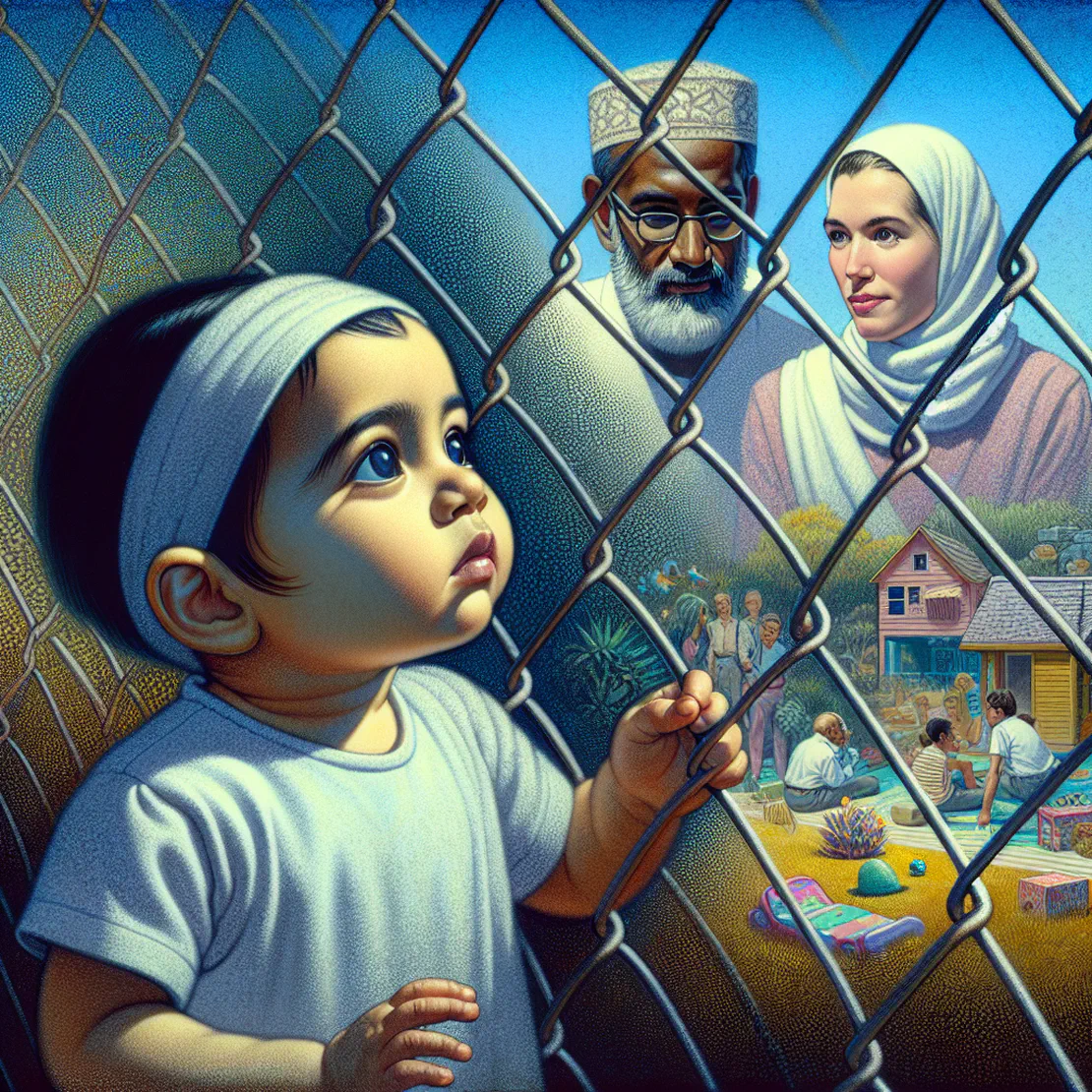
#2199 - Chris Harris
- The Joe Rogan Experience
- Television , Environment , Politics , Social media
- September 5, 2024
Table of Contents
At a Glance
-
Audience Capture - ‘You start believing that bullshit, and then you change your perspective.’ This highlights the danger of creators becoming too influenced by their audience, losing objectivity and authenticity.
-
BBC Work Environment - ‘It’s almost impossible to work in now… Bob’s got some stupid fucking idea that you have to hear out.’ Reflects the frustration and challenges within large organizations, where bureaucracy and politics can stifle creativity.
-
Wellness and Mindfulness - ‘It’s about me having let myself go… wellness and mindfulness have both been captured.’ Critiques the commercialization and trivialization of concepts meant to improve mental health.
-
Content Creation and Ownership - ‘Creating content in the last 10 years has become a really fascinating situation.’ Discusses the challenges and changes in content ownership in the digital age, highlighting issues like piracy and the devaluation of content.
-
Impact of Negative Online Comments - ‘You’re susceptible, and that’s what I find very difficult about that side of the internet.’ Emphasizes the emotional toll that negative online interactions can have, especially when one is already in a vulnerable state.
-
Real-Time Communication vs. Online Interactions - ‘It’s not the way human beings are meant to communicate with each other.’ Stresses the importance of face-to-face communication and the potential harm of relying solely on digital interactions.
-
Formula One Technology Transfer - ‘The carbon ceramic brake disc was developed for Concorde.’ Interesting tidbit on how high-level engineering in one field can lead to significant advancements in another, showcasing the interconnectedness of technological progress.
-
AI in Military Applications - ‘They beat human pilots 100% of the time in dogfights.’ Raises questions about the future role of AI in combat and other critical applications, highlighting both the potential benefits and ethical considerations.
What to Do
-
‘Ignore negativity and don’t wallow in positivity’ - Absorbing only positive feedback and ignoring the negative can lead to a skewed self-perception and hinder personal growth.
-
‘Keep moving and don’t get caught up in praise’ - Constantly seeking validation can lead to complacency and a lack of motivation to improve.
-
‘Be wary of audience capture’ - Becoming too focused on pleasing a specific audience can limit your perspective and lead to biased opinions.
-
‘Avoid unhealthy work relationships’ - Engaging in power struggles or constantly having to justify your position can create a toxic work environment.
-
‘Don’t engage with toxic online comments’ - Engaging with negativity online can exacerbate stress and distract from more productive activities.
-
‘Be self-assessing and introspective’ - Understanding how others perceive you and honestly assessing your own actions can lead to personal growth and improved relationships.
-
‘Avoid sharing opinions without proper information’ - Spreading uninformed opinions can contribute to misinformation and unnecessary conflict.
-
‘Choose not to engage with harmful content’ - Recognizing and avoiding content that doesn’t contribute positively to your life can improve mental well-being.
What to Get
- Top Gear - Amazon Prime Video - Mentioned as a show where one of the speakers received abuse.
Summary
In this podcast episode, the conversation revolves around the experiences and challenges faced by individuals in the media and entertainment industry, particularly focusing on the impact of audience feedback and the pressures of conforming to executive demands.
The episode begins with a discussion about the harsh realities of working in television, particularly highlighted by the experiences of a guest who took over as a host on the show “Top Gear” after Jeremy Clarkson. The guest shares his struggles with negative feedback and the difficulty of stepping into the shoes of a beloved figure. Despite enjoying the work, the guest faced constant criticism simply because he was not Clarkson, illustrating the intense loyalty of fans and the challenges of meeting such expectations.
The conversation then shifts to the broader implications of audience feedback on personal and professional growth. The speakers discuss the concept of “audience capture,” where creators become overly influenced by their audience’s expectations, potentially leading to a loss of originality and personal voice. This is particularly noted in the context of political commentary and the internet’s right-wing circles, where echoing popular sentiments can lead to significant support but may also restrict genuine expression and growth.
The podcast also touches on the internal dynamics within large organizations like the BBC, where the pressure from executives and the need to accommodate their ideas can stifle creativity. The guest recounts anecdotes about having to entertain absurd suggestions from executives, highlighting the disconnect between creative roles and executive influence.
Lastly, the episode covers the personal toll of engaging with negative online feedback, especially when one is already in a vulnerable state. The speakers advocate for a balanced approach to handling criticism, emphasizing the importance of self-awareness and the ability to discern constructive feedback from mere toxicity.
Overall, the episode provides a candid look at the complexities of working in high-profile media roles, dealing with audience expectations, and managing personal well-being amidst public scrutiny. It serves as a compelling discussion on the need for authenticity and resilience in the face of widespread opinion and criticism.


